When what is left undone sends the strongest message

Curriculum is not only something official - it can also be hidden. (Photo: Lisbeth Holten)
Lectures in sustainability and CSR are not worth much if CBS itself does not set a good example, argues Maribel Blasco, Associate Professor at CBS. According to her, students will only take responsibility and sustainability seriously if CBS shows that it does so itself as well. “Students spot hypocrisy right away,” she says.
In the 1960s and 70s, politicians wanted to eradicate racism in the school system. Teachers were required to be aware of diversity in teaching, but still, racism was not abating.
According to Maribel Blasco, Associate Professor at the Department of Management, Society, and Communication at CBS, this can be explained due to a so called ‘hidden curriculum.’
Even though the teachers would pick the right texts for the curriculum, they still discriminated against certain students in indirect racist ways. Now, something similar is taking place at CBS. Not in regards to racism, but sustainability.
“The hidden curriculum is what lies beyond that which is being taught. It is the things that students learn, but which is not spelled out in the official curriculum. And what you do not do as a teacher or university, can also have a big impact on what the students are supposed to learn,” says Maribel Blasco and gives an example:
“If the students are only taught one course on sustainability, they might forget all about it during the rest of the year since it’s not evident what CBS does in order to be sustainable itself,” she says.
Maribel Blasco has, in collaboration with CBS PRME, looked into how the hidden curriculum affects the mainstreaming of responsible management education at CBS. She argues that CBS needs to pay close attention to their hidden curriculum, as it permeates everything.
“When we have students being taught about corporate social responsibility in the former British American Tobacco-auditorium, and we teach courses revolving around sustainability, but CBS doesn’t practice it in a visible way, The school sends mixed messages,” she says and explains that the official curriculum is being undermined by the hidden curriculum.
Spotting hypocrisy
In general, Maribel Blasco thinks that CBS should do more in order to send a clear message to the students in relation to what they want and what they do in in terms of being more sustainable and responsible as an institution.
“If we want to educate our students in being more sustainable and how to change the world, then it’s crucial that the institution sets a good example,” she says.
But acting sustainably and setting a good example is not only up to CBS as a whole. The teachers need to do the same, argues Maribel Blasco.
“Students spot hypocrisy right away. So, if the teachers say one thing, but doesn’t live up to it, then why should the students care when they leave the classroom,” she says and gives an example:
“As a teacher, you have to think about tiny things like whether to bring a plastic bottle or a glass one – it seems insignificant, but it sends a powerful message.”
Confirmed expectations
Part of Maribel Blasco’s research, which was first published back in 2012, focuses on the students’ expectations. The students she interviewed had strong expectations about the environment at CBS as being a place that would focus on hardcore economics and finance issues.
And when this expectation is confirmed by CBS, it becomes all the more difficult to change. Because of this, it is difficult to convince the students that sustainability or CSR are as important fields of studies as those of finance and business economy, Maribel Blasco explains.
“If CBS isn’t consistent in showing that responsibility and sustainability matters, then the students don’t take it seriously. At all. If you can take courses in responsible management, but only as an elective, and not as a compulsory subject, you are indirectly showing that it is not prioritized. So why should the students prioritize it in their lives then?” she asks.



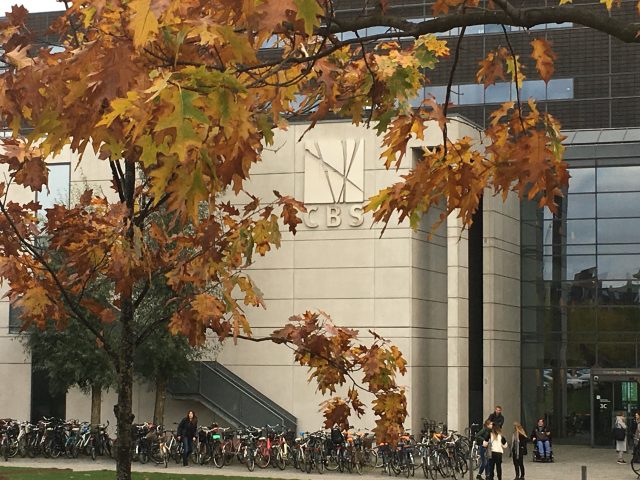
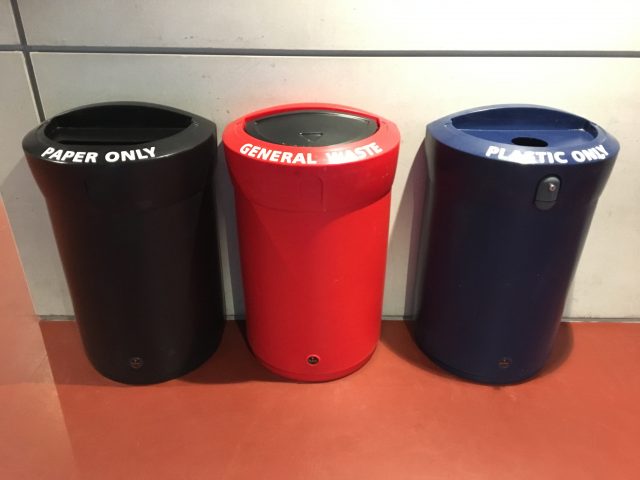
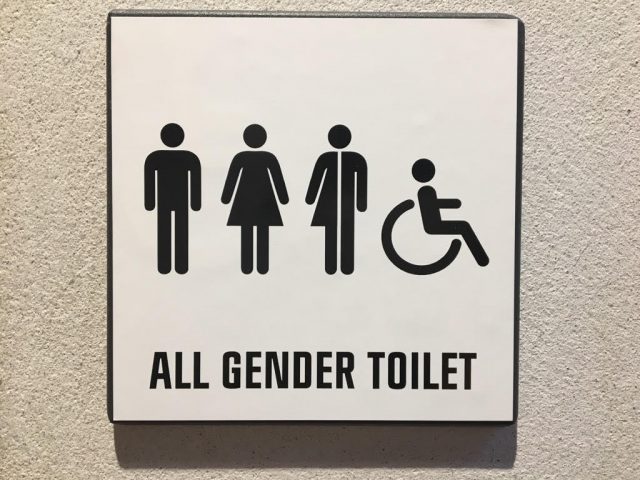
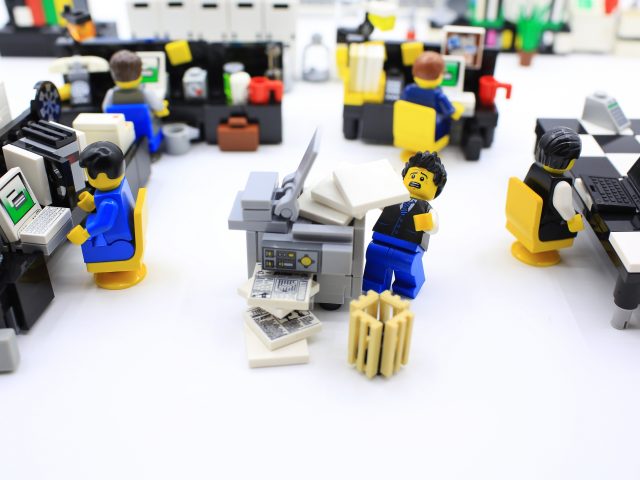
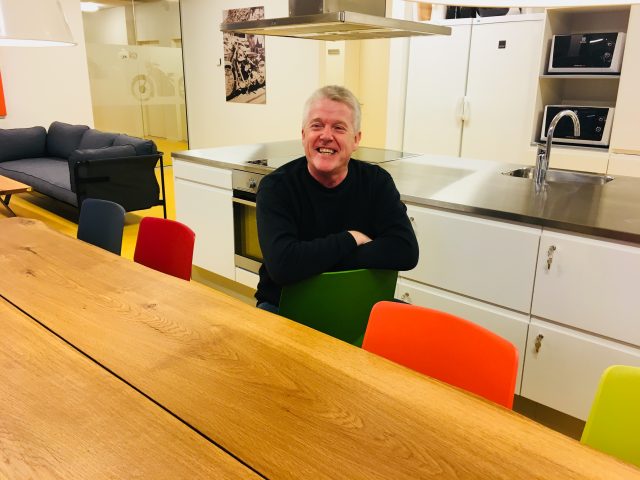




























































































































Comments